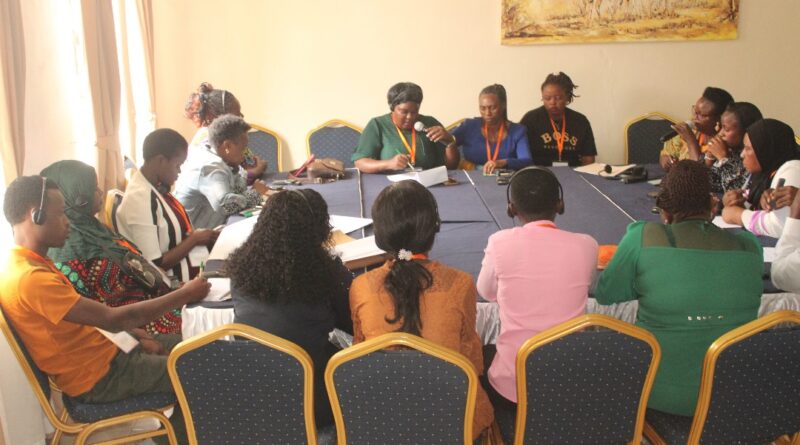East African stakeholders meet to boost cross-border trade in agroecological products
Different cross-border traders, civil society organizations, and policymakers from the East African Community (EAC) and COMESA gathered in a two-day meeting held in Nairobi, Kenya. The purpose was to explore ways to strengthen trade in products derived from agroecological farming and to address persistent challenges that still prevent small-scale traders from fully participating in this trade network.
The meeting also explored the benefits of promoting these products across EAC member countries. The goal is to increase the visibility of agroecological produce while enhancing food security, food sovereignty, and environmentally friendly farming practices.
Jeanne Abayera, a cross-border trader from Rwanda, expressed her appreciation for the knowledge gained during the meeting. She noted that it would help traders like her better distinguish and handle the products they trade, especially those from agroecological sources.
“Before this meeting, I personally didn’t have enough information, and many others didn’t either. But the key takeaway for me is that it’s going to add value to our businesses,” she said.
“We didn’t know what agroecological products really were or their significance. This will help us separate genuinely natural products from conventional ones and give them the proper value. Previously, we often mixed them or sold them without any clear understanding.”
She added, “By focusing on strengthening cross-border trade, we’re creating opportunities for experienced and emerging traders. It’s a chance to improve collaboration across EAC countries from knowing where the products originate to better engagement between farmers, traders, and government institutions. This could be a sustainable solution to hunger, the preservation of local seeds, and broader economic growth.”
However, it was noted that more awareness campaigns and training programs are needed for traders and farmers. This will ensure they can identify and assign appropriate value to agroecological products before they reach consumers and allow for clear labeling, similar to practices in international markets and supermarkets.
Lise Chantal Dusabe, a representative from Rwanda Organic Agriculture Movement, echoed these points.
“There has always been cross-border trade, but it was mostly in general products. I really appreciate AFSA’s initiative to bring together stakeholders to discuss how we can improve the trade of agroecological goods in a more sustainable and professional way,” she said.
“There’s still a lot to refine in order for this trade to operate effectively.”
“The first step is to clearly define what this trade entails. For example, if one person grows tomatoes using industrial fertilizers and another uses organic compost, it’s difficult to differentiate the two just by looking at the crops. That’s why we need a traceable system from the farm to the market to ensure transparency. This is one of the biggest gaps in our current setup and shows the need for regulations specific to this kind of trade.”
She continued, “Traders need to be trained. While there is an Eastern African Organic Standard within the EAC, it’s essential that farmers, processors, distributors, and transporters all understand what it entails. A product may leave the farm in good condition but arrive in poor shape due to poor handling along the way.”
Participants emphasized that the implementation of favorable policies will be essential for speeding up progress. These include tax systems, food safety standards, trade documentation, and transport security. They also suggested reviewing the language policies used in trade to reduce communication barriers.
Brighet Mugambe Nabikolo, a representative of the Alliance for Food Sovereignty in Africa based in Kampala, explained the broader purpose of the meeting and what the participating countries stand to gain.
“Our broader vision is to achieve food sovereignty through a transition to agroecology. Agroecology isn’t just about producing food, it’s about producing healthy food while considering soil health, animal welfare, and the people who produce and consume it. It’s the science, the practice, and the movement.”
“We undertook this study on cross-border trade in agroecological produce to understand if such products are being traded, where the trade is happening, and what opportunities and challenges exist. Agriculture is not just about feeding people it’s about sustaining livelihoods.”
On the lack of existing research, she added: “We couldn’t find any study that spoke directly to agroecological products in cross-border trade. That’s why we had to do it ourselves to fill a critical gap and ensure that future interventions are based on evidence.”
She emphasized the importance of the validation meeting and its role in giving value to traditional and natural farming products: “This study had to be validated because it’s a new field. We brought together producers, traders, customs officials, policymakers, and civil society to verify findings, share new insights, and raise important questions. We didn’t want to base a project on a study full of gaps.”
“We are often asked if agroecology is about keeping farmers in backward, traditional systems. We say no. There is business sense in agroecology and by identifying where it works, we can prove it.”
“This study will guide our next two-year project. The next step is to engage directly with traders, policymakers, and transporters to identify key opportunities and practical interventions from storage points to designated markets for agroecological produce.”
Chaka Uzondu, a Tanzanian researcher specializing in food systems, emphasized the relevance of the study, especially regarding the volume of trade in other products across the EAC.
“Cross-border trade is very important for all countries and particularly so for communities living near borders. The EAC includes eight countries, and trade creates opportunities for people to interact, generate income, and address youth unemployment,” he said. “We are seeing more young people getting involved in trade. It creates jobs and supports livelihoods.”
He continued, “Now we need to understand what’s happening in that space. The African continent is especially focused on promoting agriculture as the backbone of the food system not just to produce food, but to ensure food is shared equitably and that the benefits of production reach everyone involved.”
“People often underestimate agriculture by equating it with small-scale or subsistence farming. But this study shows that it’s much more than that. Farmers involved in agroecology are not just feeding themselves they are actively contributing to trade and national food systems.”
It held from the 29th to the 30th, the meeting was recognized by participants as a pivotal step toward enhancing the trade of organic food products and advancing economic development among citizens in the eight member states of the East African Community.
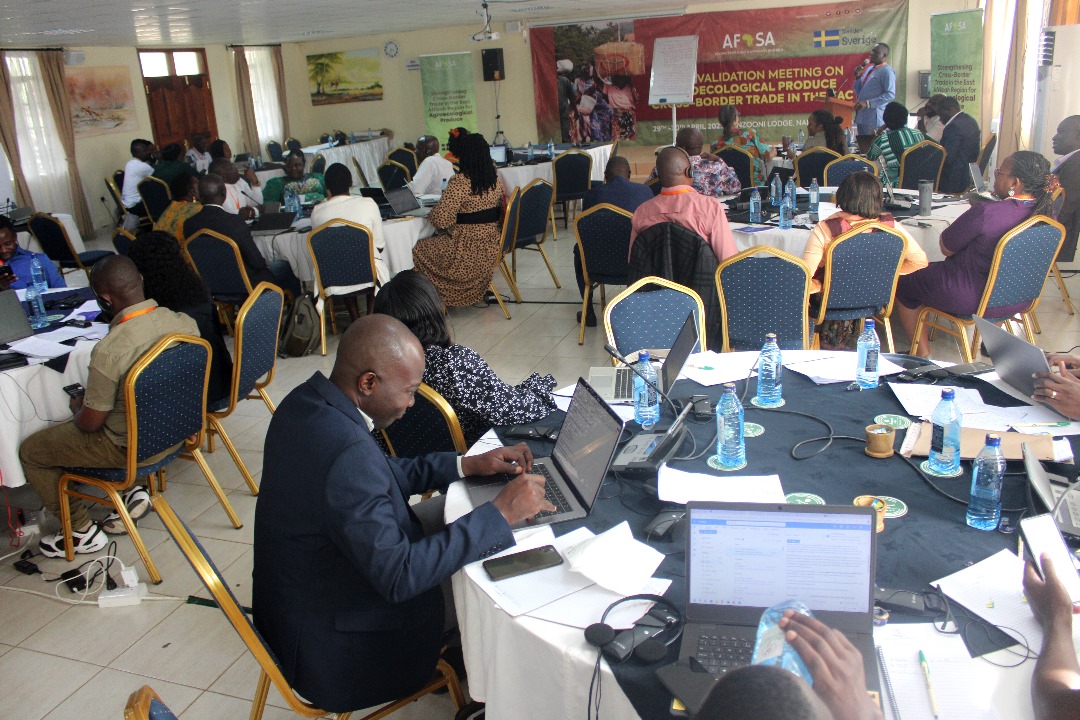
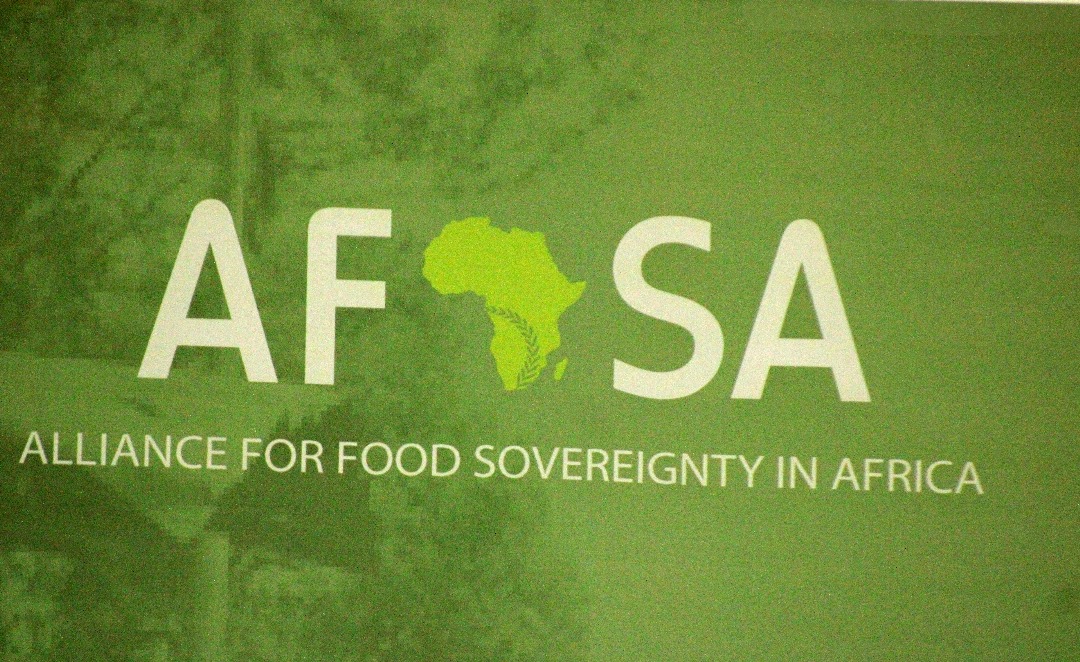
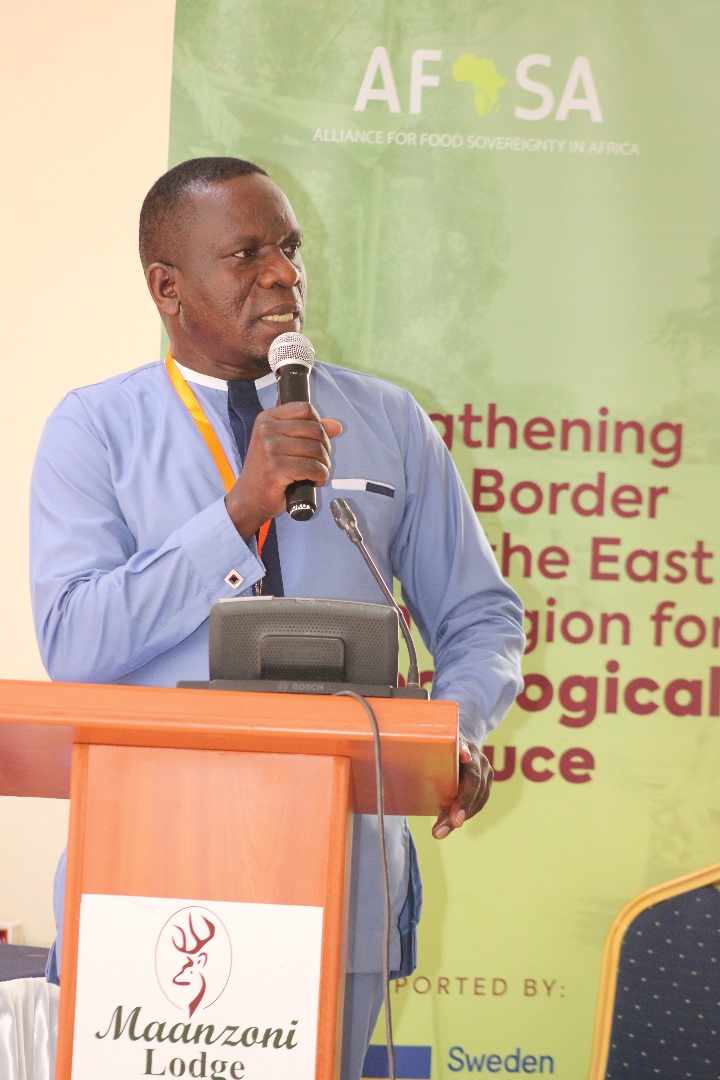
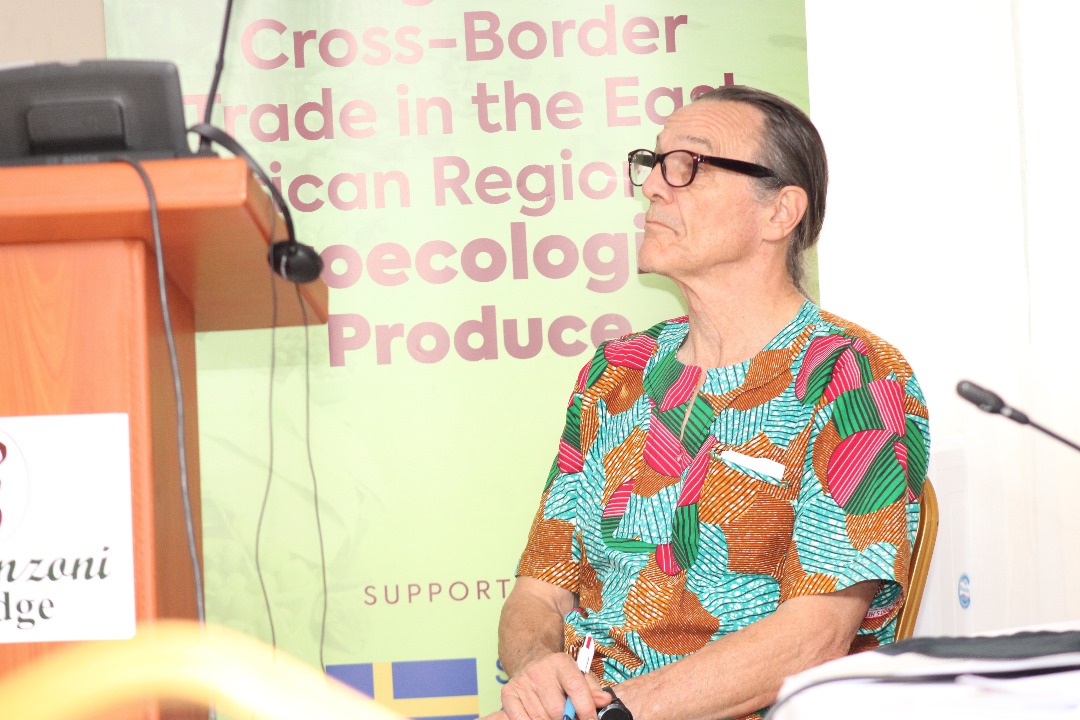
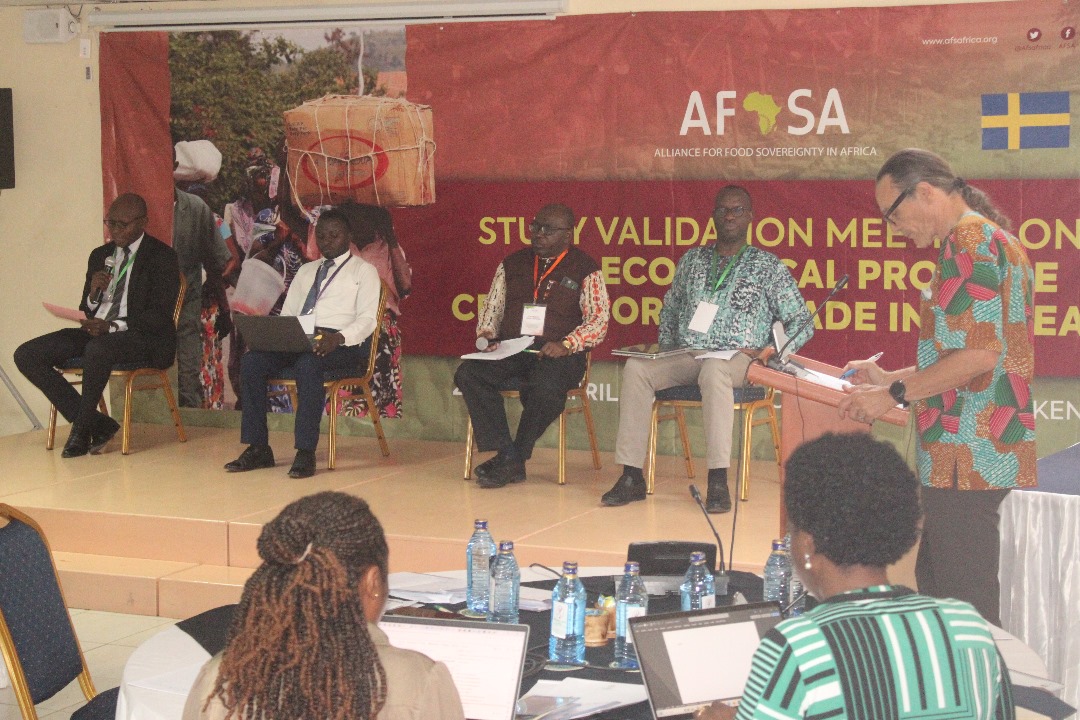
Would you like to partner with us to promote your initiatives?
Call us at: +250784581663
Email: Greenafrica393@gmail.com and juvekwizera@gmail.com

